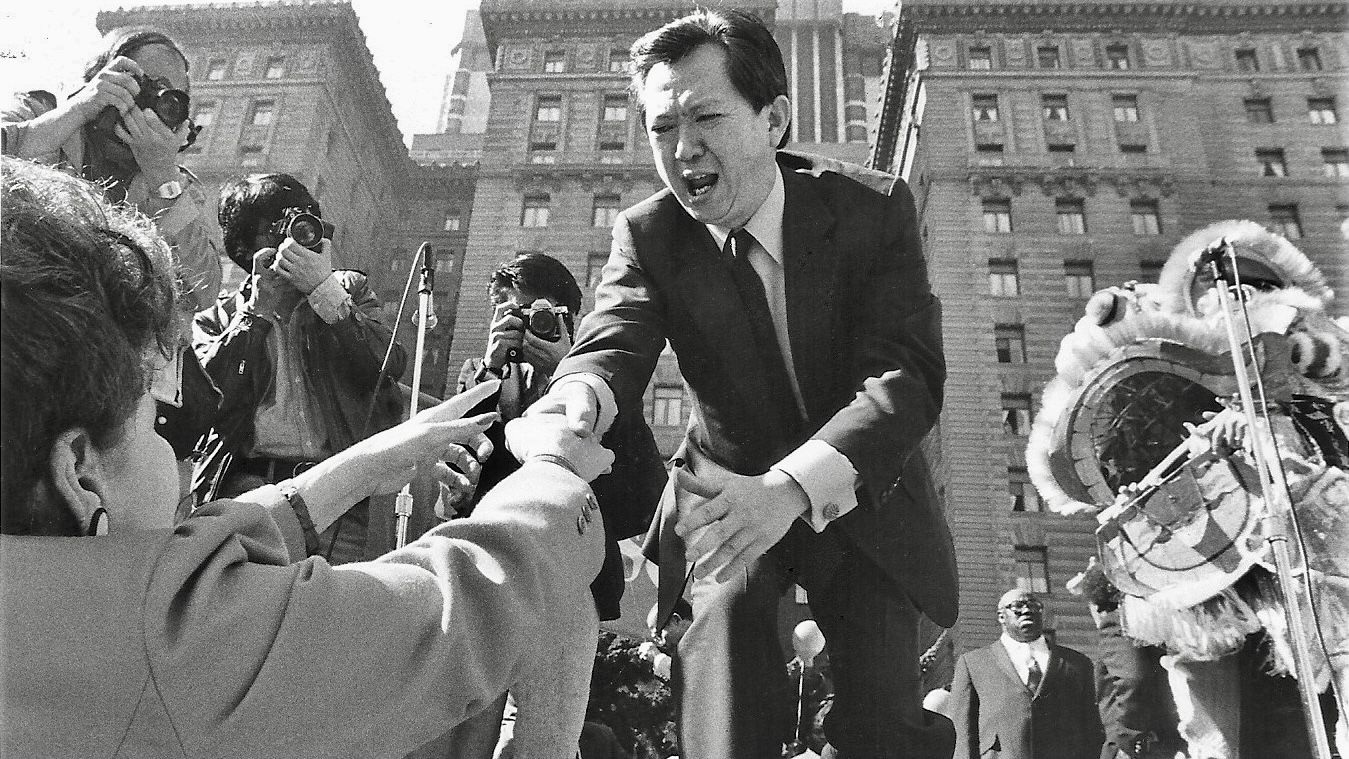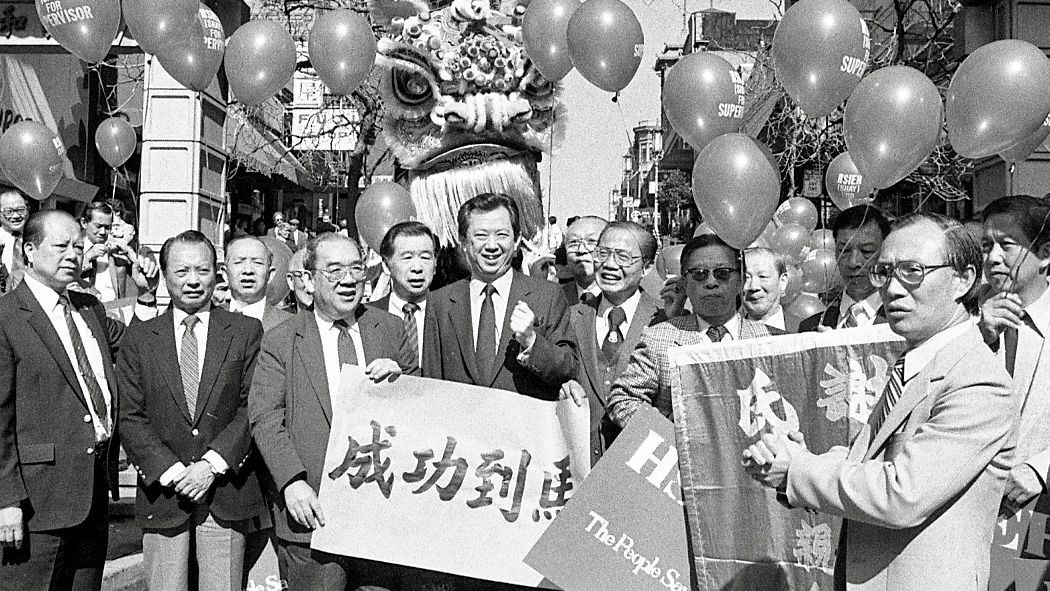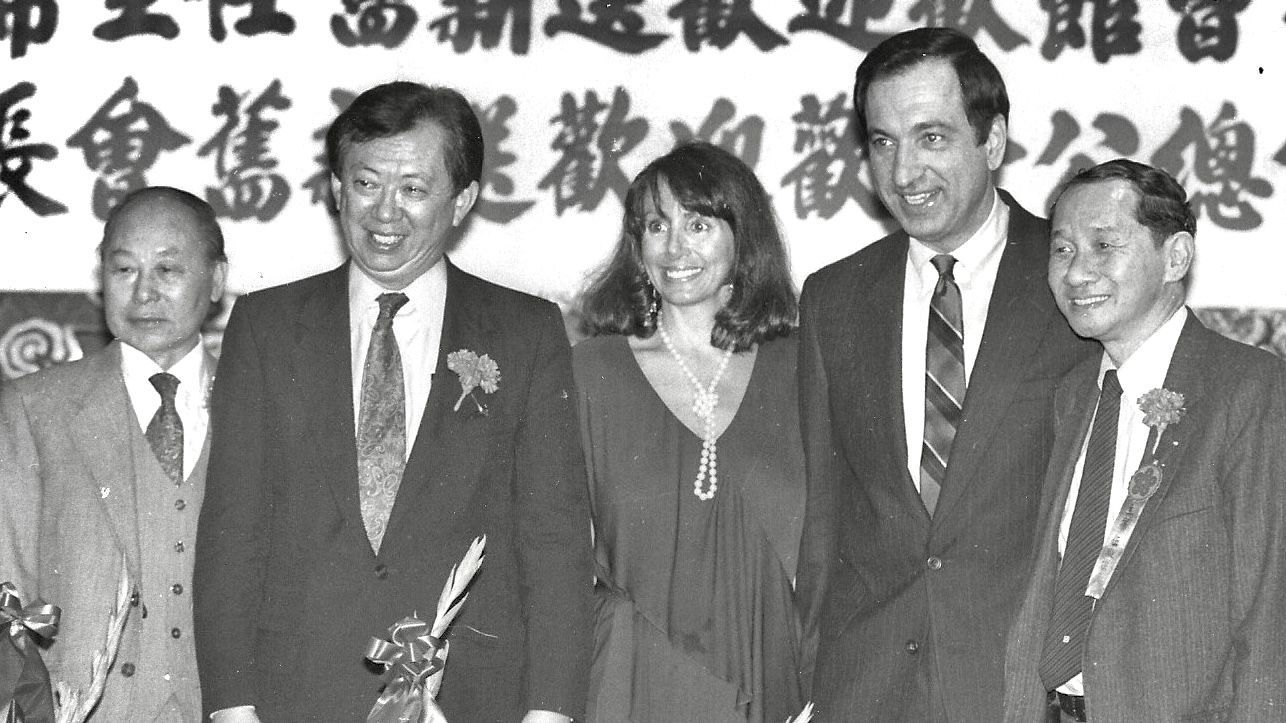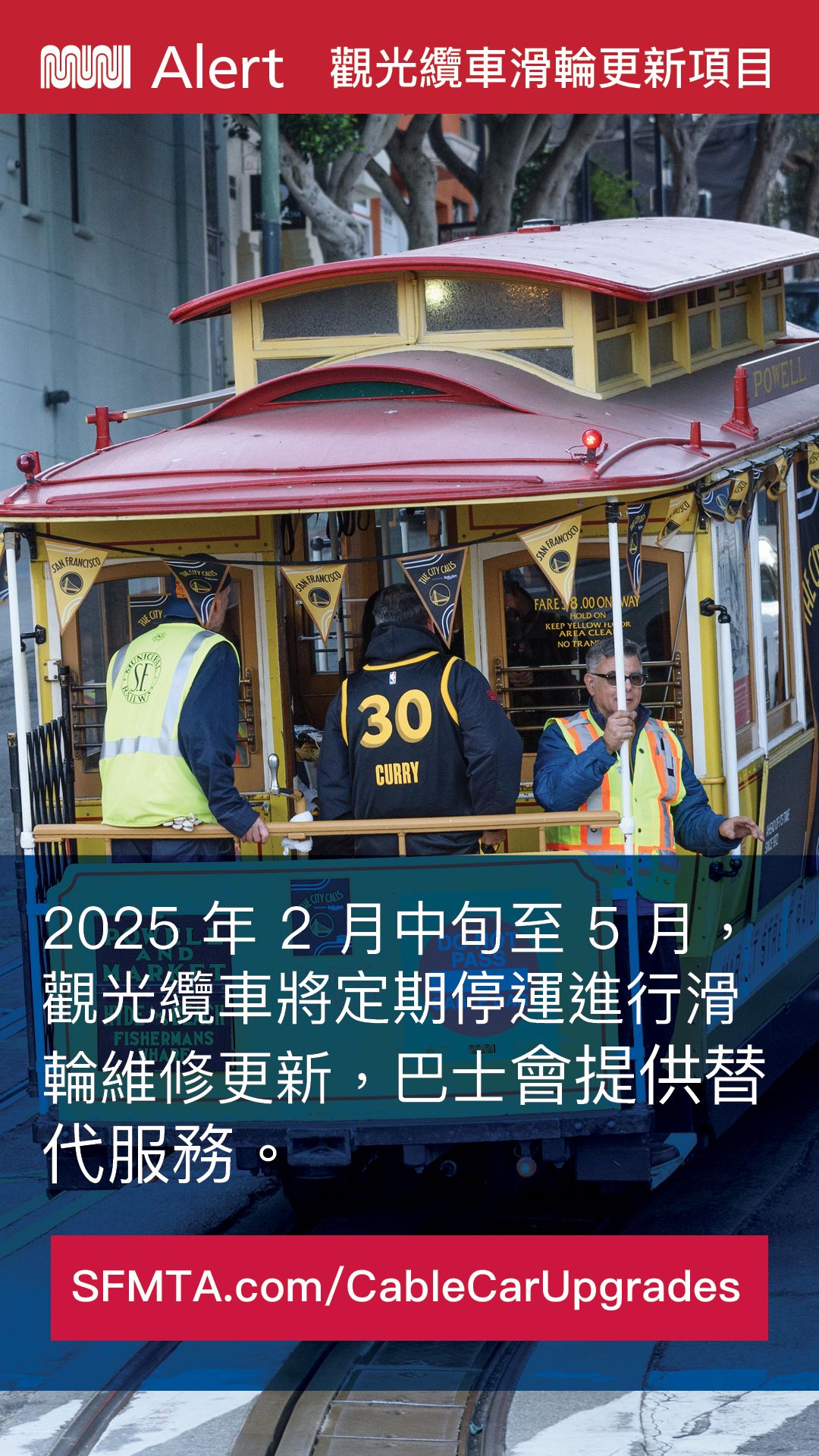Former Supervisor Tom Hsieh, San Francisco's first Chinese American elected to citywide office, passes at 91


(SAN FRANCISCO) Former San Francisco Supervisor Tom Hsieh had rewritten Chinese American history in many aspects as an elected official and professionally trained architect. Hsieh passed away in San Francisco at the age of 91 on March 5.
His family said Hsieh died peacefully at UCSF Hospital in San Francisco on March 5. He is survived by his wife of 63 years Jeannette, his sons Jackson, Franklin, Tom and five grandchildren. They encouraged friends and supporters to make donations to the Self-Help for the Elderly in San Francisco in lieu of flowers.
Hsieh was the third Chinese American to serve at the Board of Supervisors in San Francisco. He was the first Chinese American to be elected to any city wide elections in the City's 150-year history. He served on the Board for 11 years and became the longest serving Chinese American Supervisor. Prior to that, Hsieh was the first Chinese American to serve as an Art Commissioner and Police Commissioner.
Hsieh was born in Beijing and attended high school in Shanghai. In 1948, Hsieh and his family settled in Taiwan because of the war in China. He came to the United States at the age of 19 in 1951.
San Francisco became his third home in his life. Hsieh attended San Francisco City College and transferred to the University of California, Berkeley to earn his bachelor and master degrees in architecture.
When Hsieh arrived in San Francisco, he only had $400, a suitcase of belongings and a broken guitar. He worked part time to pay for his tuition and housing.
Hsieh was inspired by his City College architecture professor and good friend Rosalyn Koo to study architecture at UC Berkeley. Koo who passed away in 2021 at the age of 95 was also a UC Berkeley graduate. Koo majored in Economics and worked at the architectural firm MBT Associates for 30 years as its Chief Financial Officer and Principal.
Hsieh started his own architecture firm, Thomas Hsieh and Associates, A.I.A. Architecture, in 1961. Then Hsieh became more active in public and community services, from local to state and national levels as a Democratic Party leader and fundraiser in the 1970s and 1980s.
In San Francisco, Hsieh was first appointed by Mayor Joseph Alioto in the 1970s as the first Chinese American to the San Francisco Arts Commission. When Dianne Feinstein succeeded as the Mayor in 1978, Hsieh was appointed by Feinstein as the first Chinese American commissioner on the San Francisco Police Commission. Feinstein appointed Hsieh to the San Francisco Public Utilities Commission serving from 1980 to 1984.

In 1986, Feinstein appointed Hsieh to fill a vacancy on the San Francisco Board of Supervisors to become the third Chinese American Supervisor in the history of San Francisco following George Chinn and Gordon Lau.
Chinn was appointed in 1973 by Mayor Joseph Alioto to be the first Chinese and Asian American Supervisor in the city. He lost in the election 9 months later.
Lau was the second Chinese and Asian Supervisor to be appointed as Supervisor in 1977 by Mayor George Moscone. He won the seat in that year's election to become the first elected Chinese American Supervisor in San Francisco history. He served two years on the board and lost his seat in 1979.
San Francisco voters passed a measure in 1976 to create a system of district elections which were first held in November 1977. Lau was able to be re-elected as Supervisor in 1977 in the district election system.
District elections were repealed by the voters in 1980 and supervisorial elections were back to city wide until 2000 when San Francisco voters approved Proposition G in 1996 to reinstate district elections.
Hsieh was successfully re-elected for three times from 1986 to 1997 as the first Chinese American candidate ever to win in any election citywide. Hsieh ran for Mayor of San Francisco in the 1991 and lost.
On the national and state levels, Hsieh was very active and served as the founding National Chair of the first Asian Pacific Caucus of the Democratic National Committee for 8 years from 1978 to 1986. He was also the Vice Chair of the California Democratic Party under Chairwoman Nancy Pelosi from 1982 to 1984.
As an architect in the 1960s, Hsieh designed San Francisco Chinatown's Mandarin Tower, the tallest building in Chinatown located at the corner of Stockton and Clay Streets. The mixed-use high rise was built in 1970 with apartment units at the upper floors and business offices from ground to lower floors.
Hsieh also designed and built over 1,600 low to moderate income units designated for elderly San Franciscans, according to his family. He designed the Western Park Apartments in San Francisco which was recognized with the national award at the Annual Design Awards by the National American Institute of Architects in Washington, DC.

In addition to his public services, Hsieh had served on many nonprofits and charitable boards, including SF Children’s Hospital and Presbyterian Pacific Medical Center, San Francisco Chamber of Commerce, San Francisco United Way, and San Francisco Goodwill Industries.
Anni Chung, CEO of Self Help for the Elderly, was very thankful for Hsieh and his family's long time support and commitment to the seniors. Chung recalled the connections between Hsieh and her organization was originated from Rosalyn Koo who was also a philanthropist beyond as a Chinese American woman executive pioneer in the corporations.
"Tom and Rosalyn were very good friends back to the early days as both of them were in the industry of architecture. Rosalyn was helping Tom to run his re-election campaign in the 1980s. Roselyn served on the Self Help for the Elderly's Board for a very long time," Chung said.
Hsieh was famous for wearing a bow tie and nice suits. "Tom and his wife Jeannette are always very elegant inside and out," Chung added.
In the 1970s and 1980s, members of the Chinatown community had been very often to call the Chinese names of Hsieh and Henry Der, former Executive Director of Chinese for Affirmative Action, by mistakes, since the first two characters of their Chinese names are the same.
But Der did not work closely with Hsieh. "Because I worked with other groups to pursue progressive policies to benefit the poor and racially discriminated in San Francisco, Mayor Feinstein at times took a more moderate stance and Supervisor Hsieh followed suit," Der said.
Der recognized Hsieh's significant contribution to the Chinese community as a legislator. "In the wake of the 1989 Loma Prieta earthquake, Tom deserved credit for pushing through a city ordinance requiring unreinforced masonry buildings, especially those in Chinatown, to be seismically retrofitted," Der stated.
"Also in the wake of the 1989 Tiananmen Square protests by students and common citizens, Tom introduced a resolution calling for the placement of the Goddess of Democracy in Portsmouth Square Park. His resolution paved the way for the SF Goddess of Democracy Committee to overcome the opposition of the Chinese Consulate, and with Congresswoman Nancy Pelosi and sculptor Tom Marsh, the Committee successfully placed the statue in the park where she stands today," Der said.
"At one time, the office of Chinese for Affirmative Action was located in the Mandarin Towers on Stockton Street, designed by Tom Hsieh, the architect. There is an amusing aspect to my relationship with Tom Hsieh," Der remembered.
- Do empty yellow loading zones best serve the San Francisco Chinatown community?
- T&T Supermarket, largest Asian grocery chain in Canada, announces to open at San Francisco City Center on Geary Blvd. in winter 2026
- (Breaking news: Charlene Wang wins in the Oakland's special election) Charlene Wang runs for Oakland District 2 Councilmember on April 15, 2025 to represent Oakland Chinatown
- Mayor Lurie announces plans to support small businesses including First Year Free program waiving fees for new businesses
- 12 speed safety camera systems out of 33 begin to operate in San Francisco by first issuing warnings instead of citations for 60 days
- Taipei Economic and Cultural Office extends services with opening of its permanent home in San Francisco
- Zu Shun Lei, 90, publishes his comic books to bring joy and laughter into the community
- Prop K opponents sue to stop permanently closing Upper Great Highway for an oceanfront park






